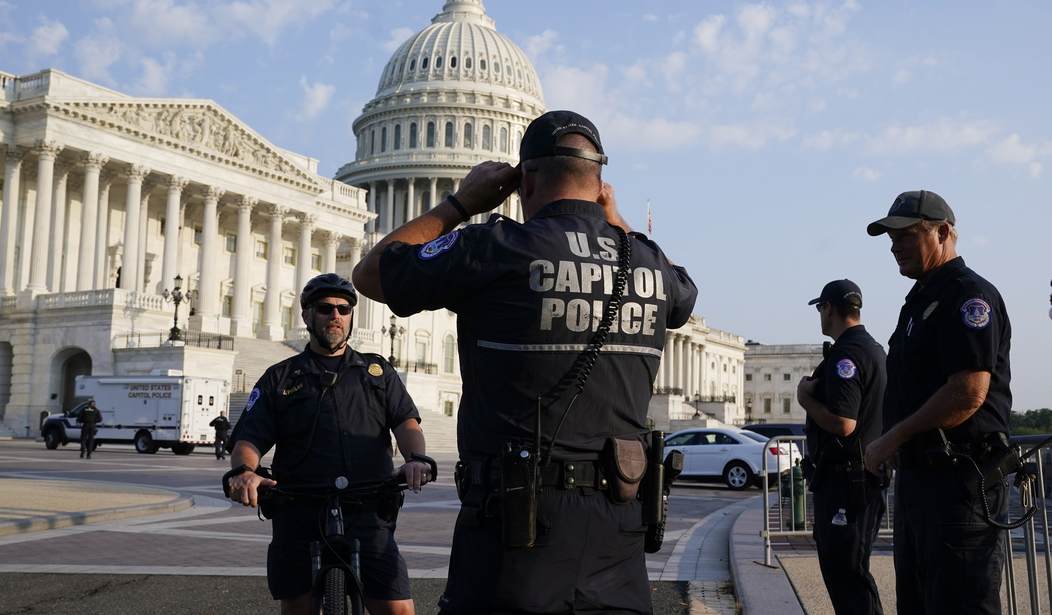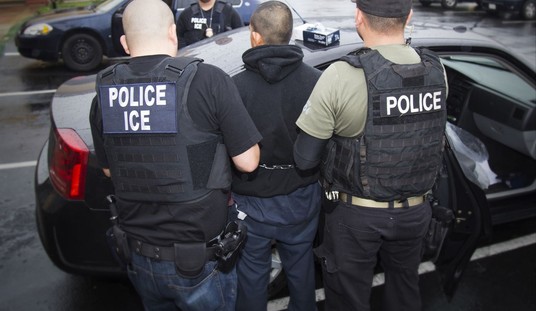The release of January 6th footage to Tucker Carlson by House Speaker Kevin McCarthy continues to make waves, after the general counsel for the USCP threw a fit about it in a recent court filing.
The case in question involves providing January 6th defendants access to the footage, something the USCP and the DOJ are fighting against. The police force’s general counsel argues that they did not get to review most of what was released by Carlson, with some of it being from the so-called “sensitive list.”
This is exactly why Congress should not have its own police force. Unaccountable, totally opaque, and supremely arrogant.
— Julie Kelly 🇺🇸 (@julie_kelly2) March 17, 2023
There seems to be some confusion here by the Capitol Police’s leadership in regard to who works for whom. The USCP is subservient to the US Congress and is subject to oversight via no less than four different committees. Ultimately, the police force answers to a chain of command that leads back to House Speaker Kevin McCarthy because, unfortunately for their chosen narrative, Nancy Pelosi is no longer in charge.
In other words, it is not the USCP’s job to determine what gets released and what doesn’t. Yet, the filing complains of not getting to review each and every clip that was to be released nor having a say in what ultimately left the facility.
Further, the idea of a “sensitive list” is farcical. It’s meant to provide veto power over transparency for an organization that doesn’t have that power. Think of all the different pieces of footage that were shown during the January 6th committee. Did it seem to you like the footage was being culled for any other reason than to produce a very specific, highly-crafted storyline about what happened?
But now, the USCP wants to complain about supposed evacuation routes being shown—as if any of that is still relevant given the security failures of that day. One would hope everything has been revamped, and if it hasn’t been, that alone is a problem that should be explored by the new GOP majority.
Also in the filing is an admission that prosecutors were given access to the footage and the “sensitive list.” Meanwhile, defendants have been left to mostly plead guilty, unable to see or use footage that might otherwise change the outcome of their situation. At the very least, the severity of some sentences would likely have been affected and could still be in the pending cases.
There is no justification for continuing to keep any of this stuff secret. Let the footage speak for itself in each individual case. Some will still end up going to jail because they committed offenses that demand it. But there are others who reside in a far more opaque position regarding whether they broke the law or had any intent to break the law. They should be given a fair shake, and the USCP should learn its place in the process.














Join the conversation as a VIP Member